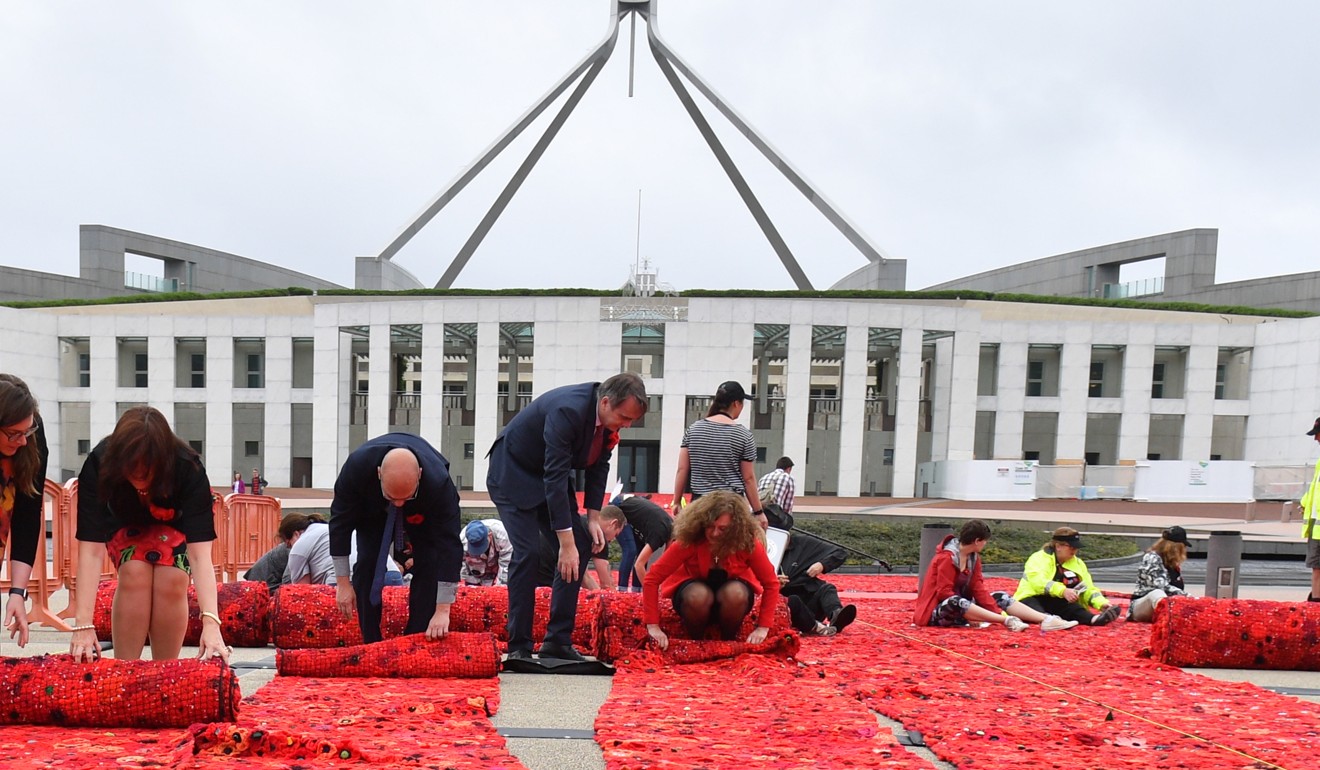
Australian spies eye licence to shoot during overseas missions
- The proposed amended law would allow them to use lethal force to protect hostages
Australia’s government proposed on Thursday allowing its foreign spies to use lethal force against anyone who could jeopardise an intelligence operation, giving the spy agency more autonomy on overseas missions.
Australian law currently allows agents posted abroad to use lethal force in self-defence, to protect the lives of other agents or to safeguard those working with the Canberra government.
“The changes will mean officers are able to protect a broader range of people and use reasonable force if someone poses a risk to an operation,” Foreign Minister Marise Payne said in a statement.
For example, the amended law would allow Australian Secret Intelligence Service (ASIS) agents to use lethal force to protect individuals, such as hostages, during overseas missions, she said. ASIS is Canberra’s overseas spy agency.
How the rise of China’s middle class migrants is challenging Australian fears
The amendment introduced in parliament on Thursday was necessary because of the increased dangers faced by ASIS agents, Payne said.
“Our ASIS officers often work in dangerous locations, including under warlike conditions, to protect Australia and our interests,” she said.
Australia, a staunch United States ally that sent troops to Afghanistan and Iraq, has been on heightened alert for attacks by militants both at home and at its foreign embassies.

A government source said Australian agents operating under the new law would have similar powers to those available to intelligence officers working for other Western spy agencies.
The amendment requires the support of Australia’s parliament, where the government does not have a majority.
Why has an Australian state broken ranks with Canberra to sign up to China’s belt and road?
A spokeswoman for the opposition Labor party did not respond immediately to a request for comment on Thursday, although the party has broadly supported similar security reforms previously.
A parliamentary committee and the Inspector-General of Intelligence and Security would retain their oversight of ASIS’ rules around use of weapons and force, Payne said.
Warren Reed, a former ASIS officer who is now a writer and commentator, said such oversight was critical.
“While I support it … it throws up the age-old question about who guards the guardians,” said Reed.
ASIS was established in 1952 but was not officially acknowledged until 1977. It remains the most secretive of Australia’s six intelligence agencies
In 1985 the government banned ASIS officers from carrying weapons but that decision was reversed by PM John Howard in 2004.
With additional reporting by Xinhua

